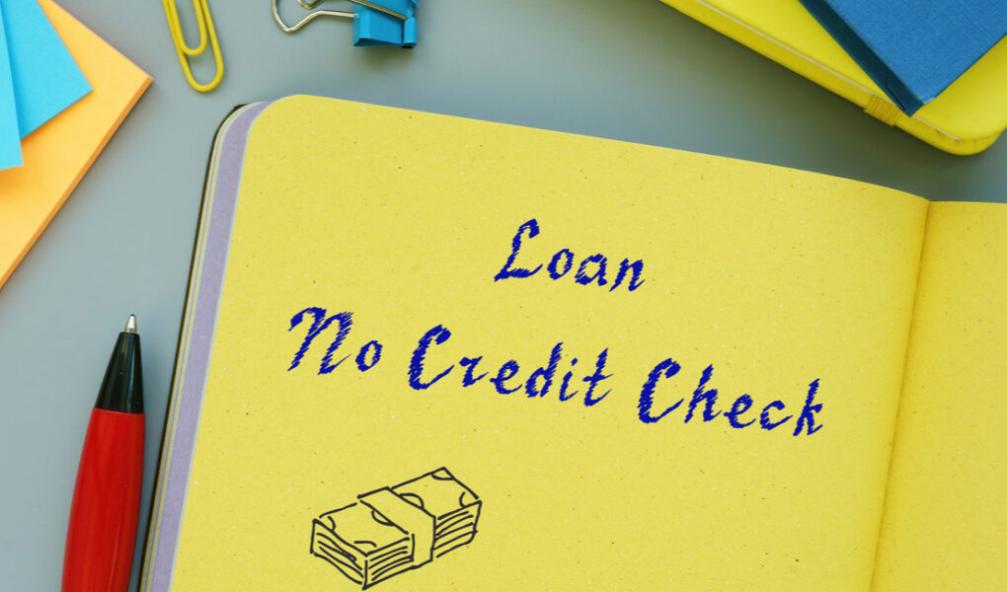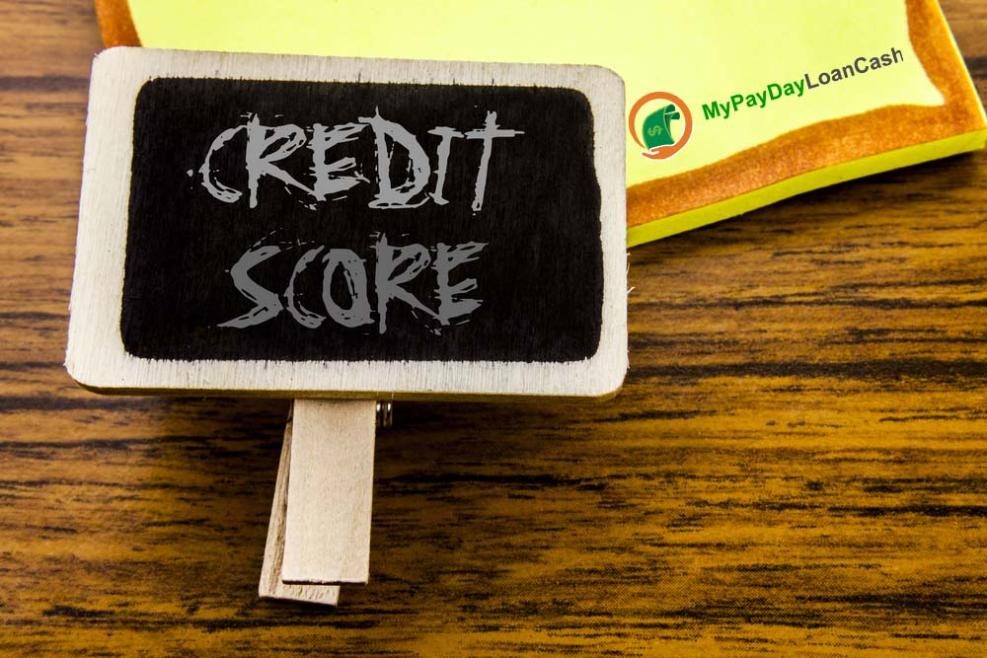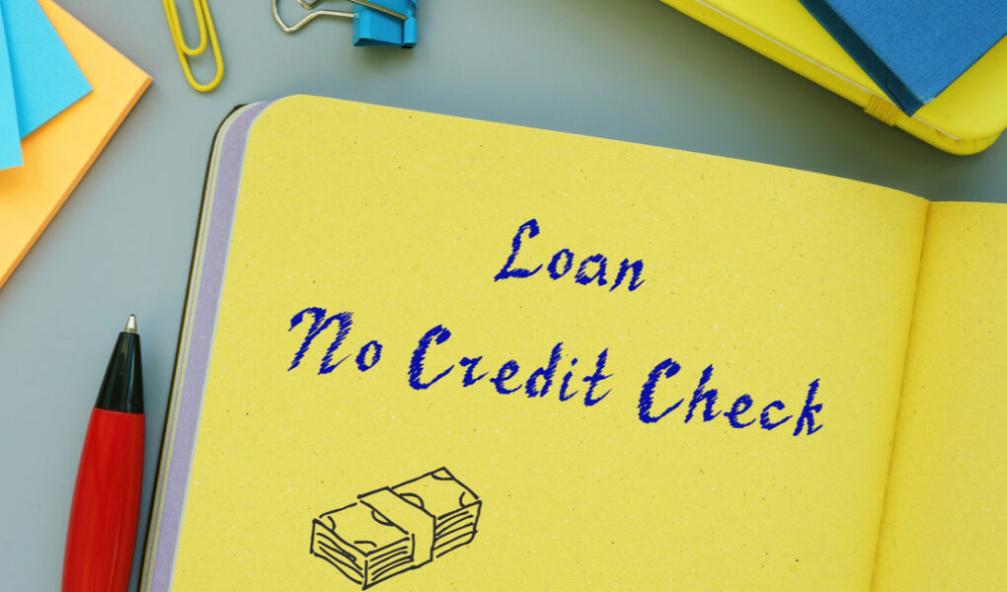How Can I Get Out of Debt and Avoid Needing a Payday Loan?
Payday loans are short-term, high-interest loans that can trap borrowers in a cycle of debt. These loans are often marketed to people who are struggling to make ends meet, and they can seem like a quick and easy way to get cash. However, payday loans come with very high-interest rates and fees, which can make it difficult to repay the loan on time. If you are considering taking out a payday loan, it is important to understand the risks involved and to explore other options for getting out of debt.

This article will provide a clear roadmap for individuals to get out of debt and steer clear of payday loans. We will cover topics such as understanding your debt situation, creating a budget, increasing income, managing debt, building an emergency fund, and seeking professional help.
I. Understanding Your Debt Situation
The first step to getting out of debt is to assess your current financial situation. This means listing down all of your debts, including credit card balances, personal loans, and any outstanding bills. Once you have a complete list of your debts, calculate the total amount of debt you owe. This will help you to prioritize which debts to tackle first.
Tips For Assessing Your Debt Situation:
- Be honest with yourself about how much debt you owe.
- List down all of your debts, including credit card balances, personal loans, and any outstanding bills.
- Calculate the total amount of debt you owe.
- Prioritize which debts to tackle first. Typically, it is best to start with the debts that have the highest interest rates.
II. Creating A Budget

Once you have a clear understanding of your debt situation, you need to create a budget. A budget is a plan for how you will spend your money each month. It is important to create a realistic budget that you can stick to. The 50/30/20 rule is a good starting point for creating a budget. This rule allocates 50% of your income to necessities, 30% to discretionary spending, and 20% to savings and debt repayment.
Tips For Creating A Budget:
- Use a budgeting app or spreadsheet to track your income and expenses.
- Be realistic about how much money you can spend each month.
- Allocate a portion of your income to savings and debt repayment.
- Review your budget regularly and make adjustments as needed.
III. Increasing Income
If you are struggling to make ends meet, you may need to explore ways to increase your income. This could involve getting a part-time job, freelancing, or selling unwanted items. You could also consider negotiating a raise at your current job or seeking higher-paying employment opportunities. Starting a side hustle or small business can also be a good way to supplement your income.
Tips For Increasing Your Income:
- Get a part-time job or start a side hustle.
- Freelance your skills or sell unwanted items.
- Negotiate a raise at your current job.
- Seek higher-paying employment opportunities.
- Start a small business.
IV. Managing Debt

Once you have a budget and you are increasing your income, you can start to manage your debt. There are two popular methods for paying off debt: the debt snowball method and the debt avalanche method. The debt snowball method involves paying off your smallest debts first, regardless of the interest rate. The debt avalanche method involves paying off your debts with the highest interest rates first. Both methods can be effective, so choose the one that works best for you.
Tips For Managing Debt:
- Choose a debt repayment method that works for you.
- Make extra payments on your debts whenever possible.
- Avoid taking on new debt while you are paying off existing debts.
V. Building An Emergency Fund
Once you have paid off your debts, you should focus on building an emergency fund. An emergency fund is a savings account that you can use to cover unexpected expenses, such as a car repair or a medical bill. Having an emergency fund will help you to avoid taking on new debt in the future.
Tips For Building An Emergency Fund:
- Set a savings goal.
- Create a plan to reach your savings goal.
- Keep your emergency fund separate from your other savings accounts.
VI. Seeking Professional Help
If you are struggling to get out of debt on your own, you may want to consider seeking professional help. Credit counselors and debt consolidation companies can help you to develop a plan for paying off your debts. However, it is important to choose a reputable credit counselor or debt consolidation company. Do your research and read reviews before you choose a company.
Tips For Seeking Professional Help:
- Consider seeking professional help if you are struggling to get out of debt on your own.
- Choose a reputable credit counselor or debt consolidation company.
- Do your research and read reviews before you choose a company.
VII. Conclusion
Getting out of debt and avoiding payday loans takes time and effort, but it is possible. By following the steps outlined in this article, you can take control of your finances and achieve financial stability. Remember, the key is to be patient and persistent. Don't give up on your goal of getting out of debt. With hard work and dedication, you can achieve financial freedom.
YesNo

Leave a Reply